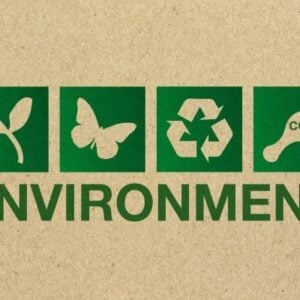The impacts of climate change are highly visible and severe in the Pacific, particularly in Kiribati and Vanuatu, where rising seas, saltwater intrusion, and extreme weather events are already disrupting lives, livelihoods, and traditional ways of life. Despite contributing only 0.02 percent of global emissions, these island nations face some of the most devastating consequences of the climate crisis.
In response, the Vanuatu Red Cross Society and Kiribati Red Cross Society, in collaboration with the International Federation of Red Cross and Red Crescent Societies (IFRC), have launched a new climate resilience project funded by DG Clima of the European Union. The initiative aims to strengthen locally led adaptation measures, with a risk-informed approach to ensure interventions address the most pressing challenges.
Vanuatu Red Cross Secretary General Dickinson Tevi emphasized that the project builds on local expertise to develop solutions for the most vulnerable communities, who are disproportionately affected by climate change despite contributing least to the crisis. Integrating traditional knowledge and cultural context into programming is central to ensuring sustainability and respect for local communities.
The project also focuses on ecosystem-based adaptation and other climate-responsive measures to safeguard communities, their environment, and local livelihoods. Kiribati’s Ministry of Environment, Lands, and Agricultural Development highlighted the importance of such initiatives in reducing climate risks and protecting vulnerable populations.
Looking ahead, the climate resilience project plans to expand to the Caribbean, including Belize and Guyana, aiming to support climate-affected communities across multiple regions and strengthen local capacity to respond to the growing threats of climate change.






